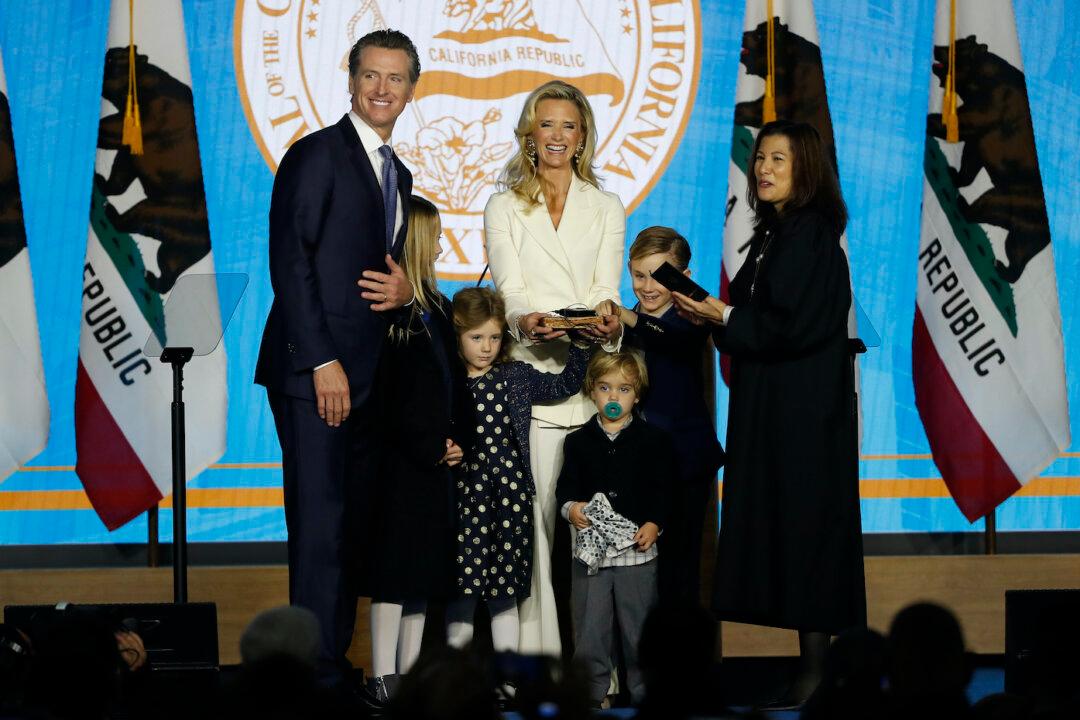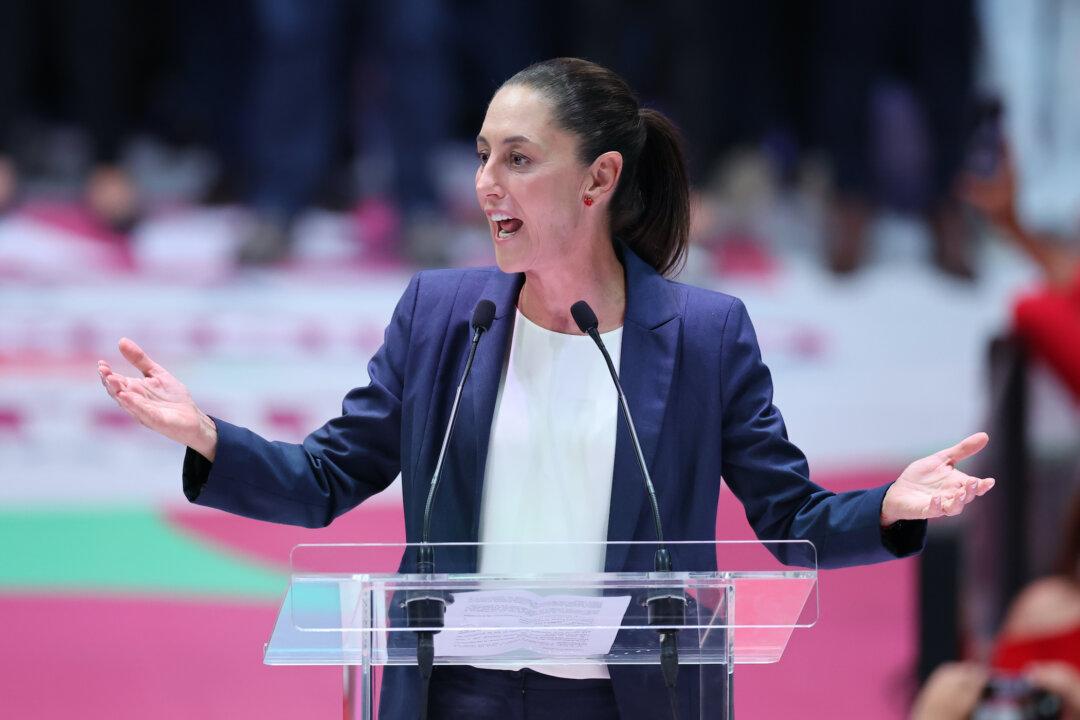Commentary
California Supreme Court Chief Justice Tani Gorre Cantil-Sakauye announced she’s retiring on Jan. 1, 2023. The Associated Press story reported, “Cantil-Sakauye indirectly contrasted the California justices’ good working relationship to the vitriol and distrust on the U.S. Supreme Court particularly since a leak of the high court’s pending abortion decision earlier this year.”





